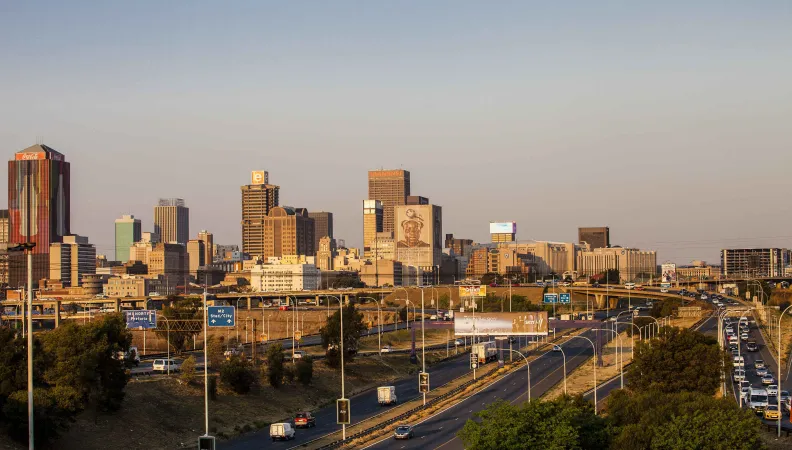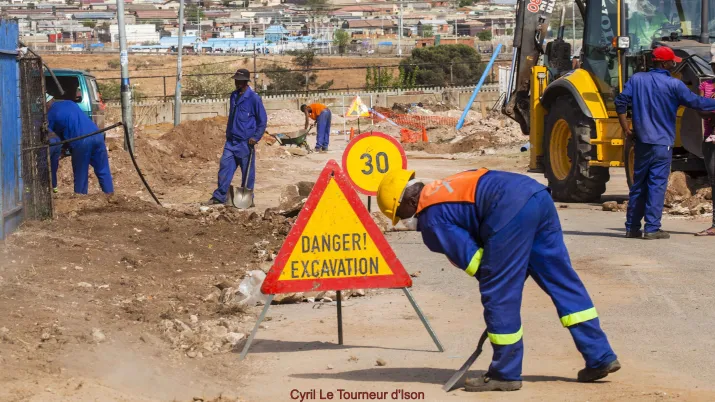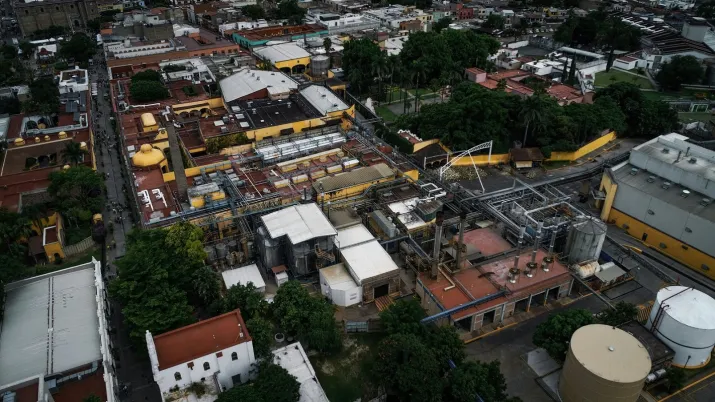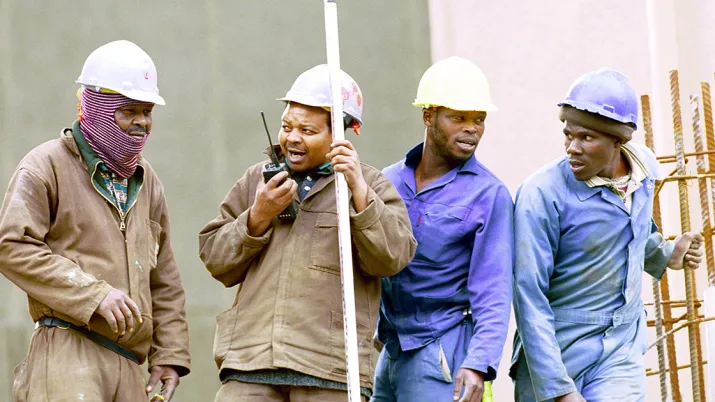Share the page
The local economic development effects of income transfers in South Africa

-
Project start date
-
2021Status
Completed
-
Project end date
-
2023
-
AFD financing amount
-
20 000
-
Country and region
-
Research program
What have been the impacts of the Covid-19 national stimulus package's social assistance on local economies and informal sector workers in South Africa? The Extension of the EU-AFD Research Facility on Inequalities program sought to answer this in collaboration with CSDA.
Context
In South Africa, informal work is a feature of the labor market - one in six South African workers is employed in the informal sector. During the pandemic, millions of workers without legal or social protection were disproportionately affected by the negative impacts of measures to prevent the spread of Covid-19 (loss of jobs, hours of work and income...). As a "forgotten" sector in many ways, it should not be forgotten that the informal sector provides livelihoods, employment, and income for millions of workers and business owners, and contributes significantly to the country's Gross Domestic Product (GDP).
In response to the social and economic effects of the pandemic on vulnerable groups, the South African government has further developed its social protection system. As part of the social assistance component of the Covid-19 stimulus package, it introduced a new Social Relief of Distress (SRD) grant in April 2020. This social assistance grant is for the first time targeted at many informal workers on the basis of their employment status.
While the positive links between the subsidy and economic activity had already been studied, as well as the limits to this interaction, it remained to be understood whether and how the SRD had been used by informal workers and what economic effects had been generated. This project was conducted by CSDA as part of a larger program to analyze various components of the South African government's Covid and recovery stimulus package.
This project is part of the Extension of the EU-AFD Research Facility on Inequalities. Coordinated by AFD and financed by the European Commission, the Extension of the Facility will contribute to the development of public policies aimed at reducing inequalities in four countries: South Africa, Mexico, Colombia and Indonesia over the period 2021-2025.
Objectives
To better understand the effects of the Covid-19 and recovery public policy stimulus on reducing inequality, this study qualitatively analyzed the interactions and impacts of the SRD (as well as other subsidies, and the stimulus package more broadly) on local economies.
In particular, it focused on the experiences of women and men traders in the informal sector, who represent a significant proportion of informal sector workers. Through the data collected, differentiated patterns by gender, location, and level of the informal worker in his or her work organization have also been revealed.
Research findings
You will find below the research paper related to this project:
Contact
-
Anda DAVID
Economist, scientific coordinator of the EU-AFD Research Facility on Inequalities

Discover other research projects
Evaluation of local stimulus effects in South Africa: Jobs and grants programmes
Completed
2022 - 2023



